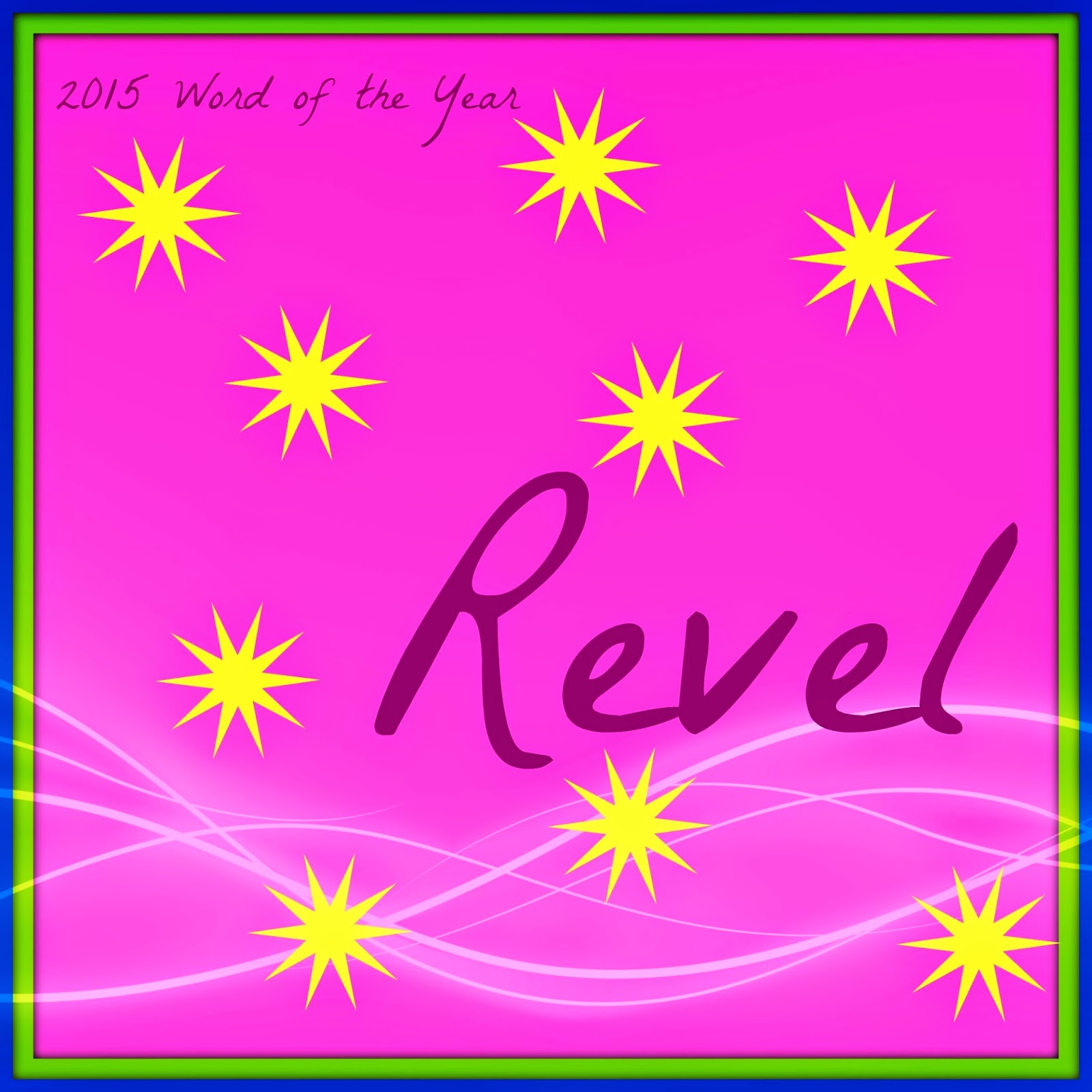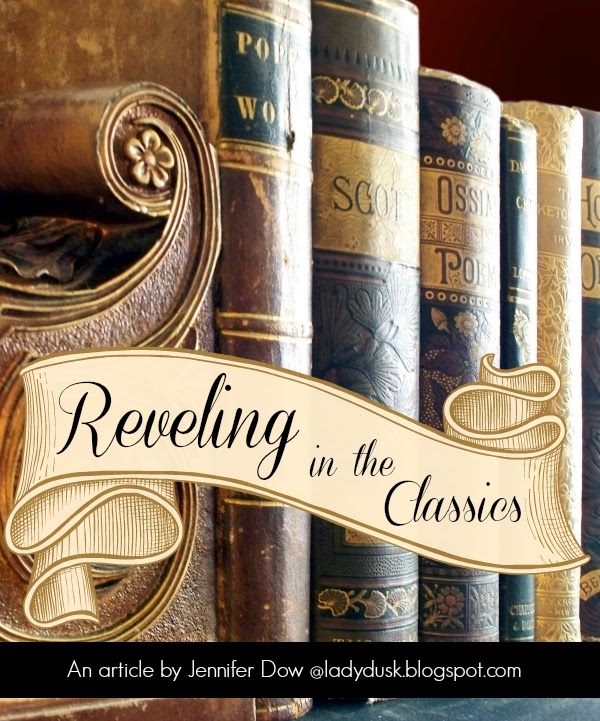I am really, really excited about this month’s guest post.
Jennifer Dow, who blogs at Expanding Wisdom has written about ‘Reveling in the Classics.’ A part of my vocation as a Classical Christian Educator is to teach my children to wrestle with and understand classic literature. I have learned -I keep learning- how my attitudes and my preparation affect my children’s learning.
Mrs. Dow is a wonderful Classical Educator who has been providing fantastic resources for us – explanations and examples of classical teaching – and now she has provided a lovely encouragement to us to read and learn and *revel* in the Classics.
Generally, I prefer to not post on Sundays, but in our planning, we couldn’t pass up the chance to post about this topic on the Ides of March, so here she is:
I remember when I read my very first classic. It was the Iliad. I was in my third-year homeschooling and my third year into the Christian classical tradition.
Other than the Bible, I had not read any book one would consider a classic. The greatness of the Iliad had been built up in my mind so much that I think it actually contributed to the trepidation I felt in reading that great poem. As the day grew closer, the excitement grew and we began to read and I did not understand anything! In fact, I understood very little for about the first six books of the epic. I felt lost, unintelligent, and worried. I was worried because I knew I was supposed to love this poem, but I did not. How would I come to love The Iliad? How would I learn to read this book? How would I become enchanted with this epic? I wanted to see and experience what the big deal was, but I could not perceive it.
Thankfully, I was in the middle of some circumstances that were greatly beneficial to me in this pursuit. I learned a few simple facts, skills, and perspectives that enabled me have some success. They helped me to see the love between Hektor and Andromache and weep over the pain of their family being torn apart. It helped me to follow the fury of Achilles in the Iliad and the weaving of Athena in the Odyssey.
First, I encountered some perspectives that changed the way I thought about the classics. Initially, when I thought about the classics I always assumed they were mostly long and difficult books, however, that was an incomplete perspective. Of course, there are some very long and difficult classics, but that is not their predominant feature. A classic endures, is timeless and holds a mirror up to nature. A classic is a classic because of what it imitates or reflects. The classics reflect reality and amplify the things that make us human. The classics appeal to a deep part of who we are that we can never ignore. The very nature of a classic calls out for us to revel in them. The classics are Aesop’s fables, the age-old fairy tales, the epics, the myths, Homer, Virgil, Dante, Tolstoy, and the like. Stories that set an image before us that is enchanting, lively, and exciting.
Second, I learned a few facts about the reading process that made it easier for me to behold the classics. First and foremost, reading out loud with others is much better than reading alone. In fact, I would go so far to say that it is a minor tragedy to read only alone. The pursuit of truth and virtue is a community endeavor. It cannot be done alone. If we are truly to revel in the classics, then we need each other. Reading the classics together with others, even if it is just your children, in humility and love, builds community, pulls the veil back on great ideas, and inspires action. It was the act of reading the Iliad aloud with other Apprentices in the CIRCE Apprenticeship that gave me my first bit of enchantment with that wonderful epic. Then, later that year we read/performed Hamlet on a porch in the middle of a wooded retreat center. I fell in love with Shakespeare that night. Secondly, reading is really a celebration, of ideas, truth, and people. I spent a few minutes looking at the definition and etymology of revel. I found it so interesting that the main synonyms for revel are celebration and jollification. Reveling is reading. If you want to know how to read a classic then first ask how do you revel in anything and apply that idea to the act of reading. Reading is a thing that happens in the mind and soul. It is not interpreting symbols on a page. That is decoding. Reading is a contemplative thing that has to do with thinking, ideas, and connections. Reveling is reading.
Lastly, and considering what we have discussed so far, there are some practical skills that can help us to access the classics, especially the harder ones. Andrew Kern did a talk about this at the Greenville Great Homeschool Convention and I highly recommend you check that talk out. The two main skills he discussed were answering questions and asking questions. First, Andrew showed us how we could answer the questions every reader asks by, one, becoming aware of them, and two using a trusted system to see the answers. Some of you may already be aware of his highlighting system, but many of may not realize that the root of that system came from a realization of the questions every reader asks. Questions like, will I know what these words mean, how is this book organized, and what actions do the actors take. Furthermore, the highlighting system helps to bring emphasis to points of disagreement you may have with the author, interesting uses of literary devices, and favorite sections or quotes. This leads naturally to asking questions. Not just any questions, but questions that reveal the nature of things and help us make decisions. Questions that tap into eternal things and ideas that we all think about as humans. Questions that can be most fundamentally and simply contained in the question “Should he have done that”. The ‘should question’ serves us mightily in reveling in any book that we read, but most profoundly, the classic.
So, over the last four years I have had access to a new path, a path that allows me to revel in the classics. The classics have been a source of joy, inspiration, and transformation for me and they can be that for you too. I am sure many of you have already experienced this. Is it not worth it?
So, what are your favorite classics? How have those books changed you? What great books are you most looking forward to reading?
Expanding wisdom, extending grace,
Jennifer Dow
Jennifer Dow has completed the CiRCE Apprenticeship program as a CiRCE certified Classical Teacher, founded and directs the Paideia Fellowship Homeschool Community, where she also teaches the high school Humane Letters class, and maintains her blog, ‘Expanding Wisdom: A Christian Classical Homeschooling Blog’ In the past she has served as a Foundations Tutor and Challenge III Director with Classical Conversations, taught at St Raphael’s Orthodox Online Homeschool as a substitute teacher, taught several writing, fine art, and nature study classes throughout the local homeschool community, and has homeschooled her own children since 2009. Most importantly she is married Ernie and mother to three children, Josiah, Sierra, and Kathleen.



What was the name of the talk that Andrew gave at the Greenville Great Homeschool Convention? Was it different than his Assessment that Blesses? And is any of this covered in the Lost Tools of Writing?
Sorry for all the questions, but inquiring minds want to know! 🙂
Heather, I love the questions! 🙂
The talk Andrew gave was called 'How to read a great book (and a really hard one)' and yes, it is different from 'Assesment that Blesses'. The new talk should be available on the rhino-technologies.com site very soon. They are the people who record the Great Homeschool conferences. I do not know if that particular talk will make it up on the CiRCE site or not. I guess we will have to keep an eye out.
In the meantime, you can search Andrew Kern's highlighting system and more specifically you can search for an Article on the CiRCE site called 'On Wrecking Books to Bring them to Life'.
For the questions part, the Lost Tools of Writing is the gold mine! The questions Andrew refers to in his talk are all the topics of invention taught throughout LTW. In other words, LTW is a reading and thinking program as well as a writing program.
Let me know if you think of any other questions. Thank you for reading!
Also! I just, as in 5 minutes ago, bought the Schole Sisters commonplace webinar pack, and it includes a webinar between Andrew Kern and Sarah from AmongstLovelyThings. It appears that they are talking about the exact same thing. Here is the link, and it is only $5.00! http://amongstlovelythings.com/commonplace-book/
Thank you for so thoroughly answering my questions, Jennifer. I purchased LTW back in January to use for the next school year, but I have not started going through it yet myself, so I was hoping some of this would be covered there. I will check out all the links and info you recommended. Thanks again.
My pleasure!